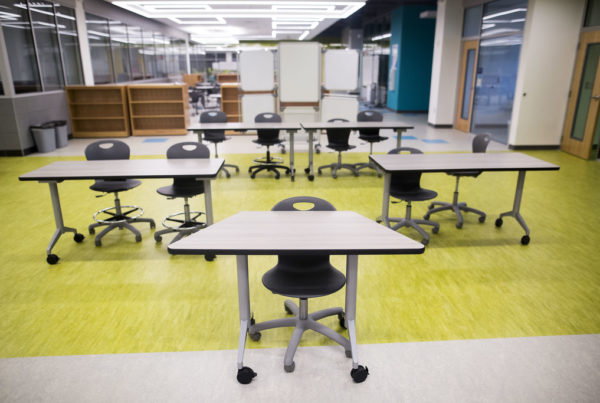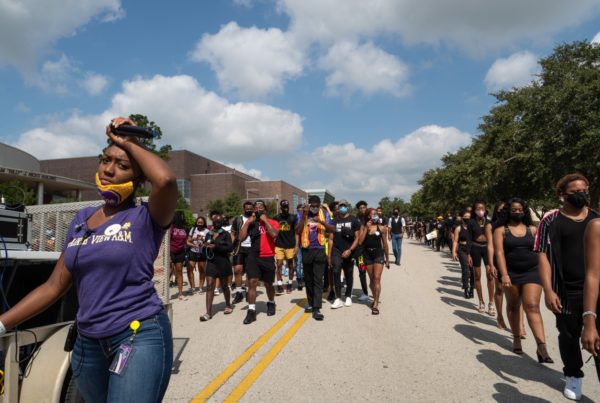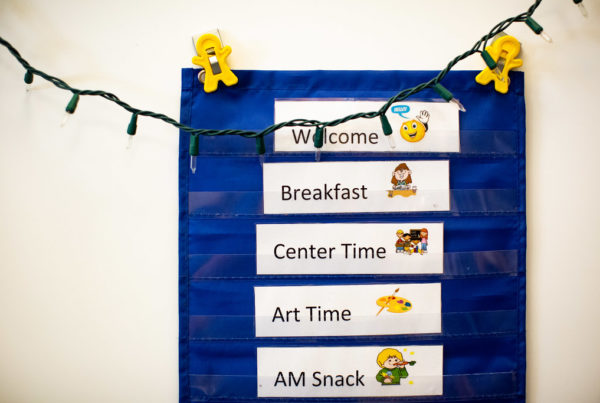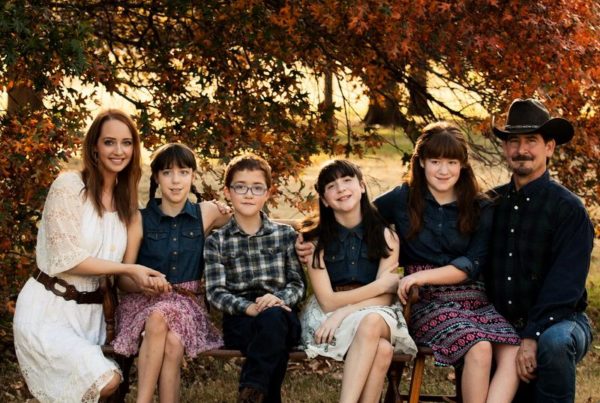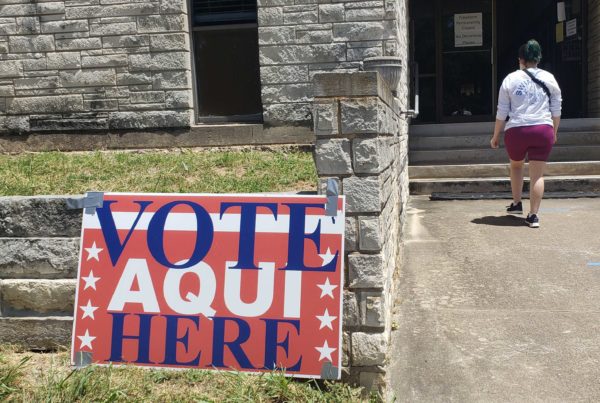The recession caused by the COVID-19 pandemic has hit women harder than men, according to a new report published by the LBJ School of Public Affairs at the University of Texas at Austin and the YWCA USA, titled “America’s Recovery From the 2020 “Shecession”: Building a Female Future of Childcare and Work.”
Victoria DeFrancesco Soto is lead author of the report. She told Texas Standard the goal was to look at who has been most affected by the 2020 recession. Unlike in 2008, when men were more affected by layoffs, this recession has hit women hardest, both through unemployment and a lack of childcare. Some are calling it the “shesession.”
“So women, as a result of this COVID-induced economic recession, are feeling it from all ends,” DeFrancesco Soto said. “There’s really a lot of worry that the recovery to get back to where they were prerecession is going to be a long path.”
The report offers a way forward, starting with a look back at WWII-era social programs. President Franklin Roosevelt signed the Lanham Act to give low-cost, universal childcare to women who entered the workforce to fill gaps left by men off at war.
“I think it’s very telling that when the government is focused on really supporting the labor efforts of women that this can happen,” DeFrancesco Soto said.
In the paper, DeFrancesco Soto “charts a tangible course” for federal, state and local policymakers to help get women back to work and build a comprehensive child care system. Young women often leave the workforce to care for children; they also don’t get the training they need to have a career in an economy in which service jobs are disappearing. The report suggests how to get women the training needed to go into STEM and other career paths that are more secure.
DeFrancesco Soto said data shows it’s worth the effort.
“It’s return on investment,” she said. “Countries that invest more in supporting their female workforce have greater productivity.”




